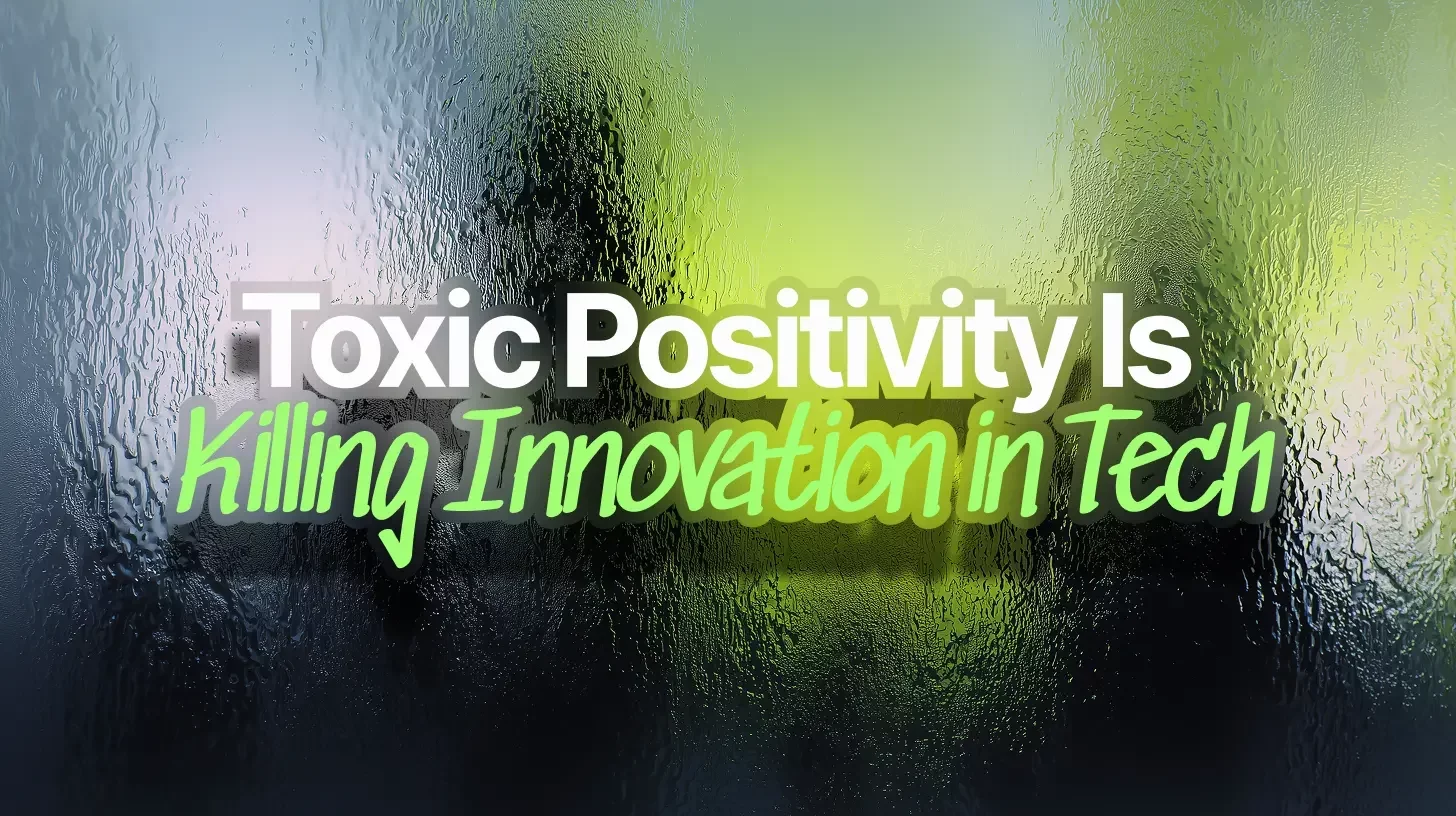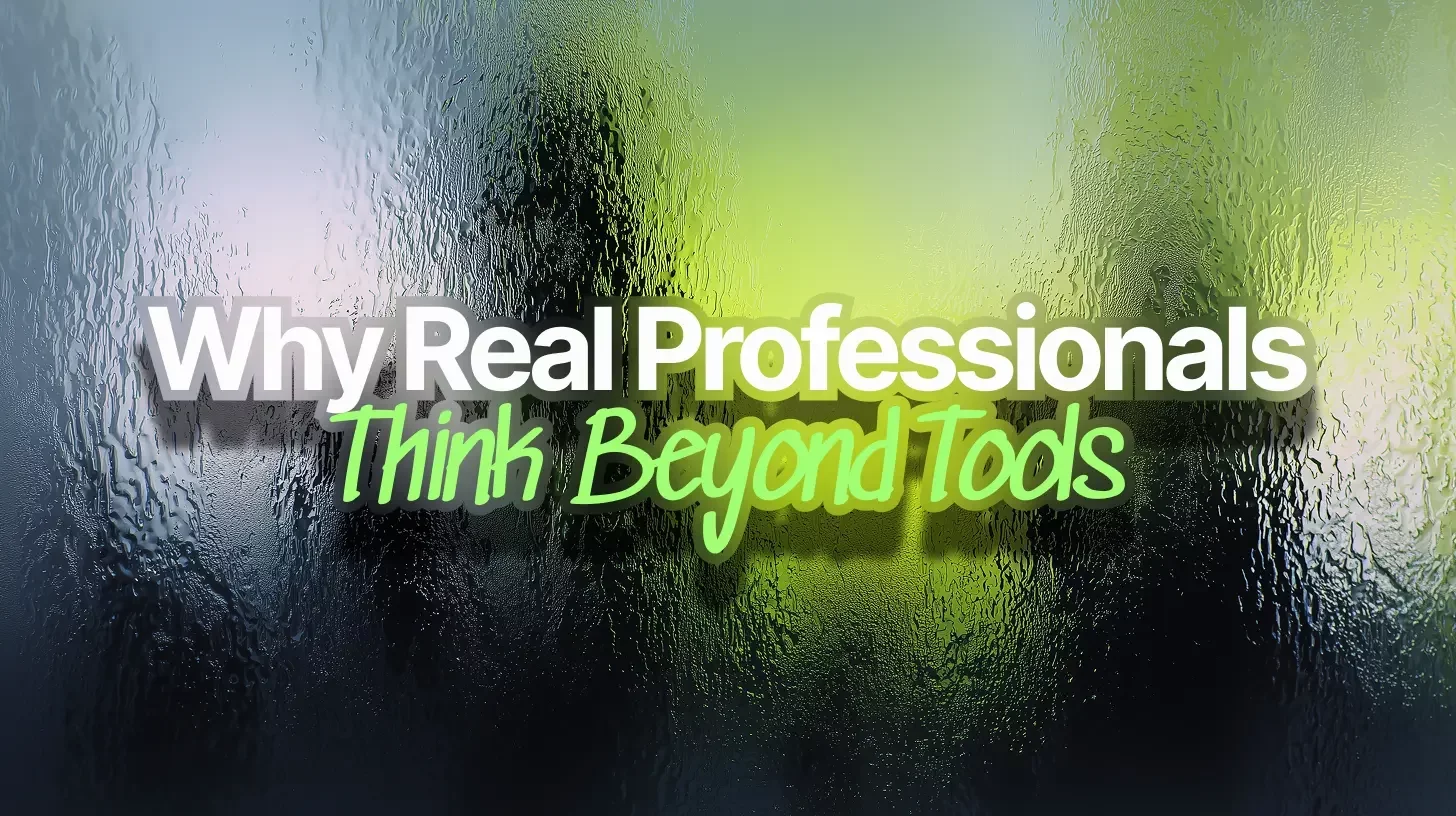Profit Without Predation: A New Ethic for Modern Entrepreneurs
 Erik Lens
Erik Lens

The Instinct That Won't Let Go
There's a moment when you feel it in your gut—that visceral reaction when a business tries to fleece you. It's not about being cheap or difficult. It's about respect. It's about the fundamental contract between human beings that says: I will give you value in exchange for your money, not trap you in a system designed to extract maximum profit for minimum service.
I've noticed this instinct getting stronger over the years. When I see Webflow charging €20/month for bandwidth that costs them €0.12 on AWS, my body rejects it immediately. When banks charge $75 for international transfers in a world where crypto exists, I feel something close to rage. When SaaS companies lock basic features behind paywalls that serve no purpose except artificial scarcity, I can't respect them anymore.
This isn't a rant about pricing. This is about recognizing that we've normalized predatory business practices and called them "optimization." We've created a culture where extracting maximum value from captive customers is celebrated as smart business, while building honest, sustainable relationships is seen as naive.
But what if it's the other way around? What if the predators are the naive ones, building castles on foundations of resentment? What if there's a better way—one that's not just more ethical, but more profitable in the long run?
The Illusion of Productivity: Why Most Changes Are Just Noise
Let me start with something I see every day in the web development world. We justify tools like Webflow with promises of agility: "The marketing team can make changes without depending on IT!"
Sounds great, right? But here's the dirty truth: a well-designed website doesn't need constant modifications.
Think about it. Even for large companies, the real structural changes to a website happen maybe 3-4 times per year. A promotion? You change some copy and maybe add a banner. New products? You update a few fields in your CMS. A rebrand? That's a quarterly project, not a daily task.
Yet I see marketing teams making endless tweaks—adjusting padding, changing button colors, rearranging sections. Why? Often because they're bored, or because they need to justify their existence. They've confused motion with progress, activity with productivity.
The real productivity isn't in the speed of execution. It's in the wisdom of knowing what not to execute. A good system is boring. It works. It scales. It doesn't need you to babysit it every week.
The Illusion of Control: When Optimization Becomes a Trap
This obsession with constant tweaking isn't limited to websites. I was listening to a course on nutrition recently, and the instructor said something that stopped me cold. He talked about how modern diet culture—with its macro tracking, morning routines, biohacking, and endless optimization—creates an illusion of control.
People measure everything: steps, heart rate variability, glucose levels, sleep stages. They feel productive, scientific, in control. But most of them aren't healthier than someone who just eats real food, moves regularly, and gets enough sleep.
The same pattern exists in business. We layer on tools: Notion, Asana, HubSpot, Zapier, analytics dashboards, A/B testing platforms. We create elaborate workflows and automated sequences. We track every metric imaginable.
But often, this complexity masks a lack of strategic clarity. When you don't know what really matters, you try to control everything. When you can't trust your instincts, you rely on dashboards. When you lack a clear vision, you substitute busyness for direction.
The truth is uncomfortable: most optimization is procrastination dressed up as productivity.
Quiet Power vs. Visible Agitation: The Martial Arts Analogy
There's a beautiful contrast in martial arts between the master and the novice. The novice throws many techniques, moves constantly, shows visible effort. The master appears calm, almost lazy—until the moment of action. Then, with minimal movement, everything changes.
In business, we've valorized the novice approach. We celebrate the "hustle," the visible effort, the constant motion. We admire founders who work 100-hour weeks and post about it on LinkedIn. We equate busy calendars with importance and multiple projects with ambition.
But the real masters I've observed operate differently. They move slowly, deliberately. They say no to most opportunities. They appear to do less, but their actions have disproportionate impact.
A good business system is like a master's technique: it looks effortless because it's perfectly aligned with reality.
SaaS Pricing and the Abuse of Trust
Let's talk about the elephant in the room: pricing abuse in the SaaS world.
I understand capitalism. I believe in profit. I want to be financially successful—millionaire, even billionaire if possible. But there's a difference between earning money and stealing it.
When Webflow charges premium prices for basic bandwidth and storage—resources that cost pennies on AWS—they're not creating value. They're exploiting user ignorance and platform lock-in. When banks charge massive fees for digital transfers that cost them virtually nothing to process, they're not providing a service. They're collecting a tax on people's financial ignorance.
This isn't business. This is rent-seeking behavior disguised as innovation.
I have a visceral reaction to these practices because they violate the fundamental promise of commerce: mutual benefit. In a healthy transaction, both parties should feel they're getting good value. When one party is being systematically overcharged for artificial reasons, the relationship becomes parasitic.
The Junkie Companies: Addicted to Profit and Growth
Many modern companies, especially in tech, operate like addicts. They're hooked on venture capital, growth metrics, and quarterly results. They must increase revenue constantly, often regardless of the value they provide.
This creates a junkie mentality: they'll do anything for the next hit. Raise prices arbitrarily. Lock in users with dark patterns. Create artificial scarcity. Build features designed to increase engagement rather than solve problems.
These companies become zombies—alive but soulless, profitable but purposeless. They can't stop extracting value because their entire business model depends on it. They can't innovate because they're too busy optimizing their exploitation systems.
Meanwhile, their employees lose faith in the mission. Their customers grow resentful. Their communities become transactional rather than loyal. Everything becomes hollow, even as the numbers go up.
My Gut Reacts First: The Moral Compass of Pricing
I've developed what I call an economic immune system. When I encounter predatory pricing or exploitative business models, my body rejects them immediately. This isn't an emotional response—it's pattern recognition.
I can sense when a company respects its customers versus when it sees them as resources to be extracted from. I can feel the difference between a business that creates genuine value and one that manufactures artificial dependencies.
This instinct has served me well. Companies that trigger this response tend to be:
Less innovative over time
More focused on lock-in than improvement
Staffed by people who've lost connection to their mission
Vulnerable to disruption by more ethical competitors
Learning to trust this instinct—and building businesses that wouldn't trigger it in others—has become central to my approach.
Proof It Works: The Case of the Honest Entrepreneur
Let me tell you about an entrepreneur I follow. He started as an apprentice baker in France, moved to Japan, began blogging about Japanese culture, and gradually built a business selling Japanese sweets online.
Today, he has six hotels in Japan, a clothing brand, an esports team, the largest video game museum in France, and multiple other ventures. He travels constantly, has built his dream home, and clearly lives well.
But here's what makes him remarkable: he consistently optimizes for his customers' benefit, not his own margins.
When he gets a better deal from a supplier, he passes the savings to his customers rather than keeping the extra profit. When he launches a new product, his focus is on providing the best possible value. His pricing is transparent, his quality is exceptional, and his community is fiercely loyal.
The results speak for themselves. He has customers who've bought from him 50+ times. His hotels attract both his international audience and local Japanese guests. His clothing brand has repeat purchase rates that would be impossible for most fashion companies.
He proves that ethical business isn't just morally superior—it's strategically advantageous. Trust compounds. Loyalty scales. Respect creates resilience.
The Forgotten Strength of Old-School Commerce
This entrepreneur reminds me of the neighborhood shopkeepers I grew up around. They knew your family, remembered your preferences, and would sometimes round down your bill rather than up. They understood that a customer for life was worth more than maximizing any single transaction.
These merchants had something modern businesses have forgotten: long-term thinking rooted in human relationships.
They couldn't survive by screwing people over because word would spread. They couldn't hide behind terms of service or blame algorithm changes. Their reputation was their most valuable asset, and they protected it accordingly.
The digital world has created distance between businesses and customers, making it easier to treat people as metrics rather than humans. But the fundamentals haven't changed. Trust is still the foundation of sustainable commerce. Respect still matters. Quality still wins in the long run.
Redefining Success: Not Scaling, But Rooting
The dominant narrative in entrepreneurship is about scaling: raising funds, growing fast, dominating markets, building unicorns. But what if this entire framework is flawed?
What if the goal shouldn't be to grow as quickly as possible, but to grow as sustainably as possible? What if success isn't about maximizing valuation, but about maximizing autonomy, quality of life, and positive impact?
The entrepreneurs I most admire aren't chasing billion-dollar valuations. They're building businesses that:
Allow them to live how they want
Serve their customers genuinely
Create meaningful work for their teams
Contribute positively to their communities
Remain financially sustainable over decades
This requires a different set of principles:
Patience over speed: Building slowly but surely
Quality over quantity: Serving fewer customers better
Autonomy over funding: Maintaining control of your destiny
Purpose over profit: Making money through meaningful work
Relationships over transactions: Investing in long-term connections
A Call for Clean Business
I believe we're at an inflection point. People are increasingly aware of manipulative business practices. Trust in institutions is declining. Customers are more likely to switch to competitors who treat them better.
This creates an opportunity for a new generation of entrepreneurs who choose to build differently. Who prioritize ethics not as a marketing tactic, but as a competitive advantage. Who understand that sustainable profit comes from creating genuine value, not from extracting maximum revenue.
You can be ambitious without being toxic. You can grow without overcharging. You can build multiple successful ventures while sleeping well at night.
The path exists. I see entrepreneurs walking it every day. They're quieter than the unicorn chasers, but they're often happier, more respected, and more sustainable.
They prove that there's another way to do business—one that honors both profit and principles, ambition and ethics, success and humanity.
The question isn't whether this approach works. The question is whether you're ready to try it.
What principles guide your business decisions? When was the last time you felt your gut react to a company's pricing or practices? Share your thoughts—I'd love to continue this conversation.
Get notified when we’re launching
Be part of the excitement: receive exclusive launch updates and notifications
Latest articles
Learn how to build your website and navigate tech with expert advice.

Toxic Positivity Is Killing Innovation in Tech
Research-backed exposé of how "good vibes only" culture destroys innovation. Academic studies prove enforced optimism—from leadership and fanboy communities—creates broken feedback loops, inflated metrics, and persistent operational waste. Includes detection methods, mitigation strategies, and framework for productive criticism.


The Illusion of Mastery: Why Real Professionals Think Beyond Tools
This article challenges the tech industry's obsession with tool expertise, arguing that true professionalism isn't about mastering Webflow or Notion—it's about understanding long-term implications, hidden costs, and risks. It exposes how tool fanaticism creates blind spots that hurt clients, from ignored compliance requirements to overlooked scaling costs. Using real examples, the piece reframes professionalism as accountability for outcomes rather than execution of features, encouraging creators and developers to evolve from tool technicians to outcome guardians.
